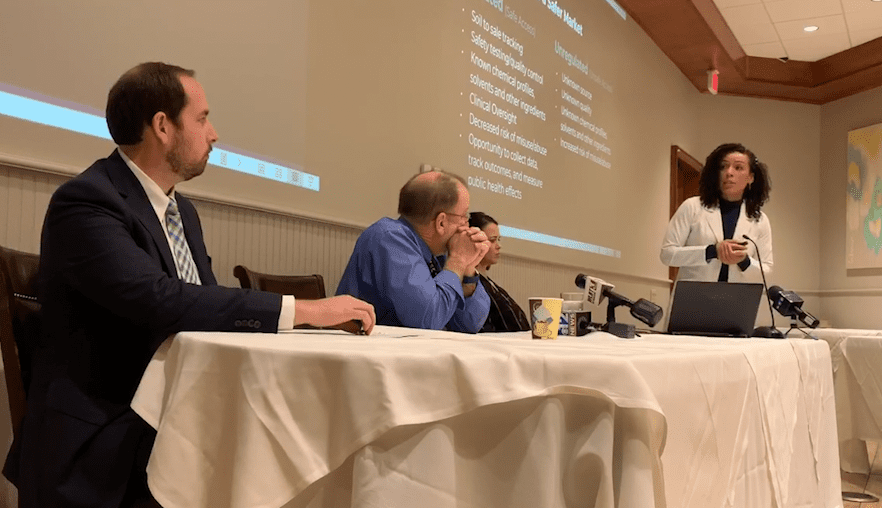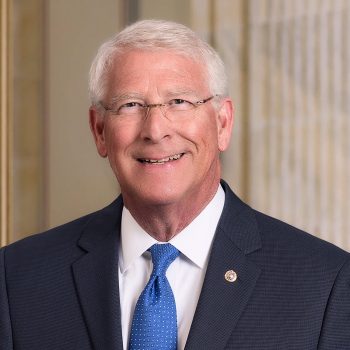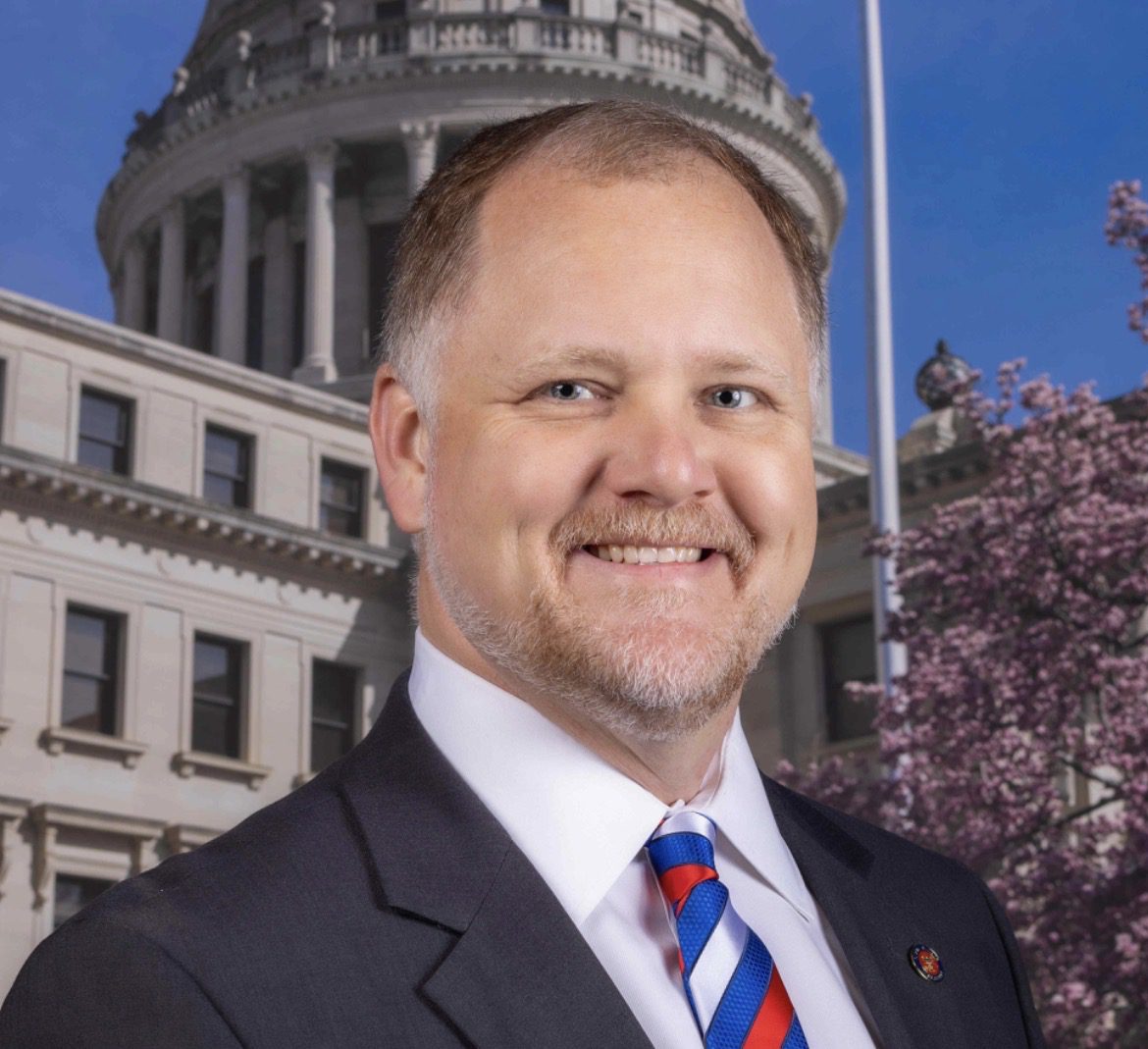
Mississippians for Compassionate Care (MCC) brought in two out-of-state professionals to a press briefing Monday at the Manship Wood Fired Kitchen in Jackson to discuss their “Medical Marijuana 2020” campaign.
The first speaker was Doctor Rachel Knox, spokesperson for Doctors for Cannabis Regulation and chair of the Oregon Cannabis Commission. The other speaker was Will Humble, the Arizona Public Health Association’s Executive Director.
After a brief introduction by MCC’s Communications Director, Jamie Grantham, she introduced Dr. Knox to discuss the history, science, and market in “medical marijuana.”
Dr. Knox noted that one of the first known uses of cannabis dated back to around 2900 BCE in China, and was continually used as medication across the world. It was 1850 when the U.S. Pharmacopeia added an alcoholic extract of cannabis to their listings to treat ailments including: neuralgia, tetanus, typhus, cholera, rabies, dysentery, alcoholism, opiate addiction, anthrax, all among other things.
It was not until the early 1900s when states around the country began to prohibit the manufacturing and sale of cannabis. Dr. Knox said in her opinion that action was purely “racist, in favor of big businesses in which cannabis was intruding upon, and the implement of the ‘Marijuana Tax Act of 1937’ in which the Federal Government could increase its revenue.”
The doctor then delved into the scientific and medical aspects of the plant by giving first-hand accounts as a medical doctor and listing off multiple tests and research done.
“Delta-9-tetrahydrocannabinol [which is commonly known as ‘THC’) and cannabidiol (which is commonly known as ‘CBD’ and is the ‘healing’ portion of cannabis) are the two main components of cannabis,” said Knox. “The human body has its own cannabinoid system known as the ‘‘endocannabinoid system,’ where the brain and immune system produce cannabinoids which bind to the body’s receptors known as ‘CB1’ and ‘CB2.”.
She went on to explain that CB1 receptors are located in the brain and central nervous system and tissues and organs like the digestive tract, liver, lungs, kidneys, and eyes. CB2 receptors are found in tissues related to immune function like white blood cells, bone marrow, tonsils, and the thymus and spleen. Some CB2 receptors have been shown to reduce pain equal to the effects of morphine without the narcotics and “high” effect.
Lastly, Dr. Knox talked about the market of medical cannabis.
“We can no longer hide behind the veil of prohibition.”
Dr. Knox pointed out that we can either continue the ban of cannabis and let the black market and crime control it without regulation, or “care for what’s inside of it” or we can legalize it, let it benefit the economy, and safely regulate it so it can help those in need of an alternative medication.
Grantham then introduced Will Humble to talk about Arizona’s medical cannabis industry.
“I previously served in the Arizona Department of Health services for a little over two decades and served as the Director from 2009 to 2015,” Humble said.
Humble was instrumental in implementing Arizona’s current medical cannabis industry, and said he is proud of it and the positive effect it has had on the state. He hopes Mississippi will latch on to the successful aspects of Arizona’s Medical Marijuana Act of 2010 and hopes the state can learn from any “errors” Arizona made.
“What Mississippi has is special – I know many of y’all talk about being ‘years behind other states,’ but the good thing about that is being able to work the kinks out of the system,” Humble said.
Humble stated that he is very impressed with the possible statute and hopes other states looking to legalize medical cannabis can look to Mississippi’s plan.
As far as being able to reach out to more traditional and conservative voters, Humble knows what many are thinking, but after working under former Arizona Governor Jan Brewer, a Republican and known Trump-supporter, he sees an opportunity for MCC.
After the briefing, one attendee brought up the Mississippi Board of Health’s stance on “Medical Marijuana 2020.”
Dr. Knox responded saying that there are in fact 21,000+ peer-reviewed research articles documenting the medical potential of cannabis and its positive interaction with the endo-cannabinoil system, a regulated market place would fix the problem of “toxic” cannabis substances, and that the FDA’s list of legal medications is not enough.
MCC also responded to the Board of Health in a letter signed by seven medical doctors and institutions, which can be viewed below.
Mississippi will vote on whether to legalize medical marijuana on the November 3rd General Election ballot.
You can read their full response to the Mississippi Board of Health below:
MM2020+Response+to+MSDH+Resolution+ by yallpolitics on Scribd
Read the full ballot initiative below:
Medical+Marijuana+2020+Proposed+Ballot+Initiative by yallpolitics on Scribd
Stone Clanton, Y’all Politics Reporter









